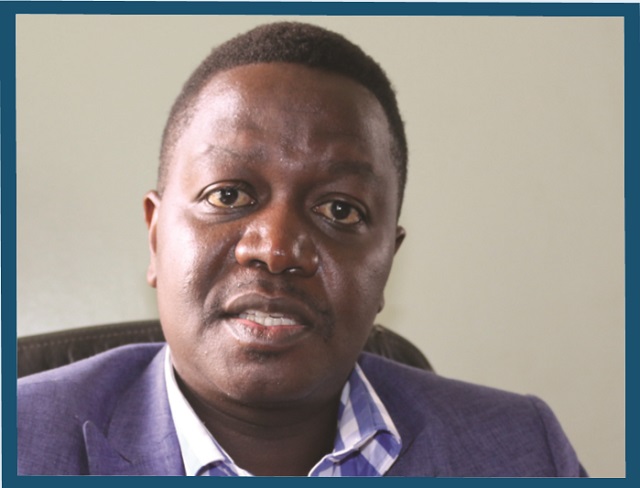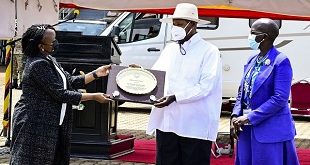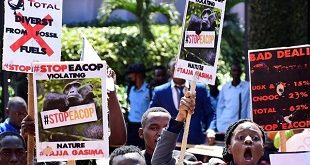
Robert Ssemakula is the CEO of Dmark East Africa. He spoke to The Independent’s Agnes E Nantaba about the potential of Uganda’s IT sector
What are the key elements in your management style as a manager?
I am a servant leader who works to solve problems for my staff. I have an open door policy where people work anytime for their own reasons be it day or night to meet the company’s goals.
What is your assessment of the performance of Uganda’s telecommunications sector in the line of value added IT service providers?
We have an operation around the region; in South Sudan, Democratic Republic of Congo, Burundi, Kenya and Rwanda. And this has exposed us to different levels of talent across the region. As a result, we have come to a conclusion that Uganda has special talents in the area of information technology, specifically, product development or software engineering.
Many products have been created in this country that have later on gained international recognition. For instance, as Dmark, we are pioneering creators of technologies like the mobile terminate technology which is a reverse billing technology on mobiles but that has since been adopted across the world by mainstream telecommunications companies. There are also many Ugandan entrepreneurs in the technical space working in several other countries, which makes this country’s talent exceptional in this area.
What is your strategy for your products to gain acceptance in the local market?
Quality is key. If we develop high quality products locally, then, their acceptance will not be an issue. Local firms as well as multinationals will then prefer to buy Ugandan ICT products.
How is the new Fintech application, Axess, work?
Axess is a new mobile money based platform that enables savings and internal lending in communities especially in savings and credit cooperative societies (SACCOS) and investment clubs. This platform works in a way that transactions are done remotely using mobile phones.
For instance, a local SACCO made up of farmers or teachers spread across the district can carry out a financial transaction via their mobile phones enabling members deposit money into the scheme anywhere anytime.
What impact has it created in the operation of SACCOs and investment clubs?
So far, we have registered over 50 SACCOs countrywide and now tracking their turnaround. This is because their biggest source of revenue is issuing internal loans to borrowers in return for a small fee paid as interest. The system has also eased SACCO’s of debt collections resulting to a decline in operational costs.
Commercial banks regularly purchase software to improve their record keeping which is not the case with SACCO’s. How do you plan to ensure that SACCO’s too embrace this technology innovations?
Records indicate that many SACCOs still use hand written records because they cannot afford softwares that banks use. We have now come up with indigenous softwares that we shall give out free of charge to all SACCOS that join Axess through the support from the marching grant facility from Private Sector Foundation Uganda.
You recently introduced the financial literacy course. What is it about?
At the time we introduced the Axess product, it was so convenient for people to borrow to the extent that some would borrow carelessly with just a dial on their phones. We therefore felt that it was worth to have some good breaks and therefore developed a financial literacy course that we extend to the people’s phones.
We developed it in eight different languages from all the regions of Uganda and users receive a financial literacy tip by short message text or small video that doesn’t consumer too much data bundles once a week for two years to simply educate the public on how to manage their finances.
Reports have fronted Africa as a mobile-first continent. What opportunities does this present to app developers like Dmark?
Mobile technology is efficient enough to bring about opportunities, which are enormous in an era where human beings spend a huge percentage of time on their screens as a way of life. People can ably do diagnosis on their phone.
What is your outlook of Dmark’s operations in the next few years?
We are going into the space to develop open source applications and we intend to allow other developers not just in Uganda to develop on top of that. This will make us a relevant player in the financial inclusion debate. There are tens of thousands of SACCOS in Uganda as the common man’s bank and so if we bring all these SACCOs on board or just 10% of them, we shall have more than tripled the number of Ugandans whose financial records are visible to the world, regulators, developers and the financial world.
****
 The Independent Uganda: You get the Truth we Pay the Price
The Independent Uganda: You get the Truth we Pay the Price


